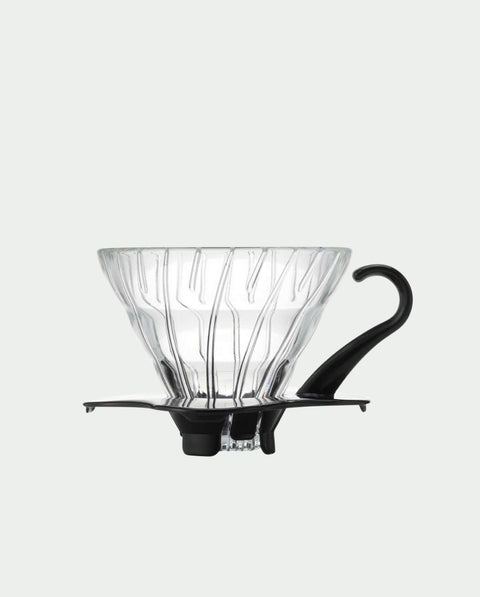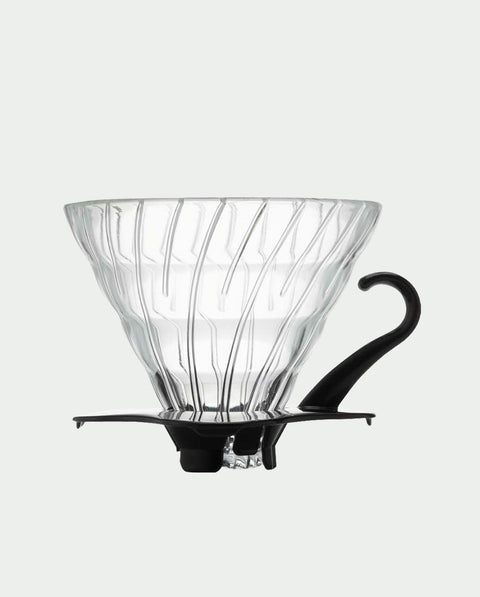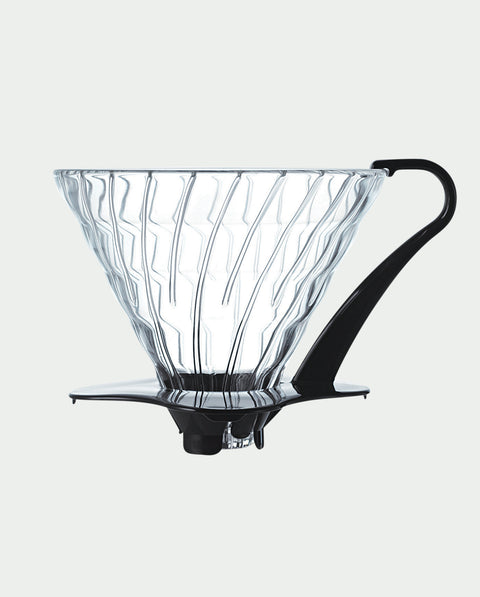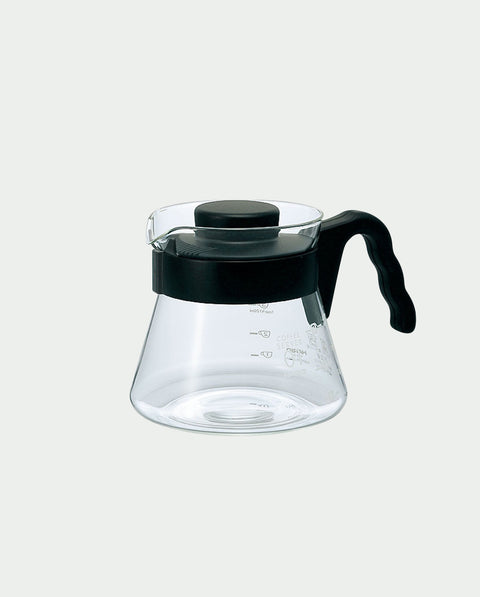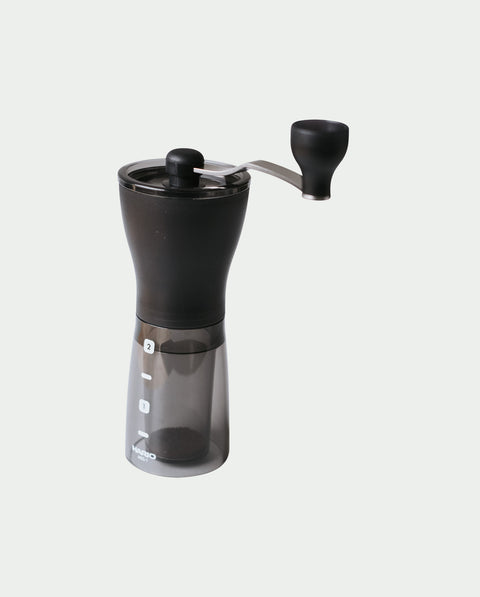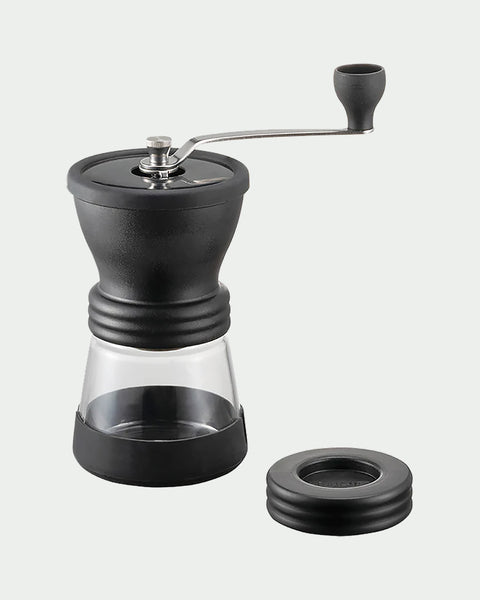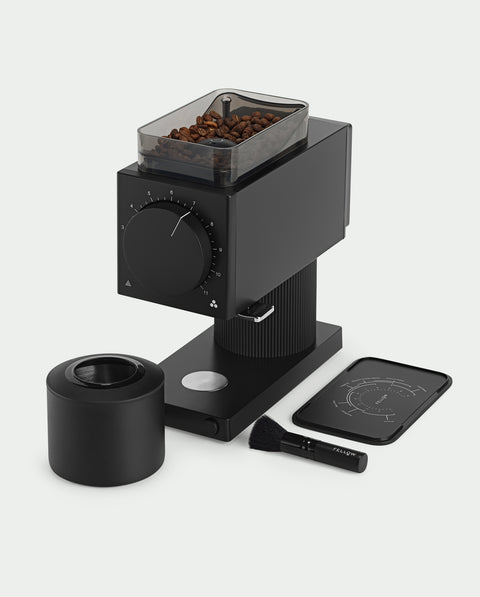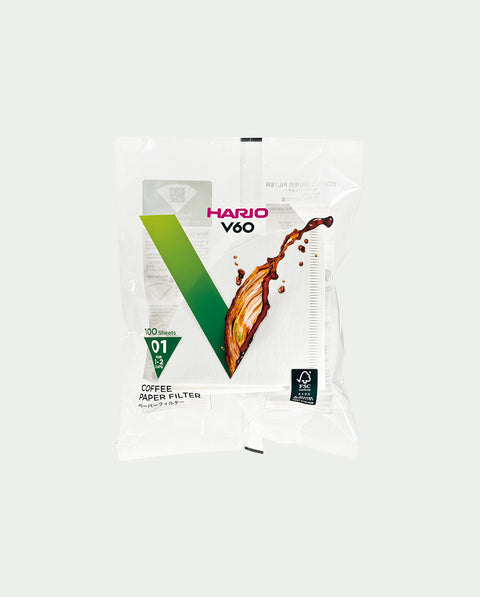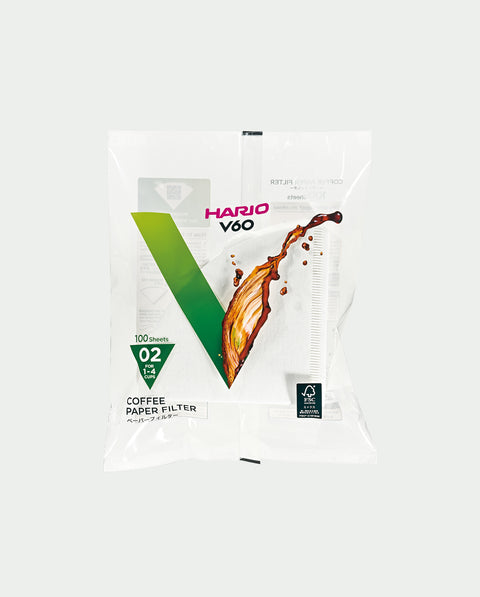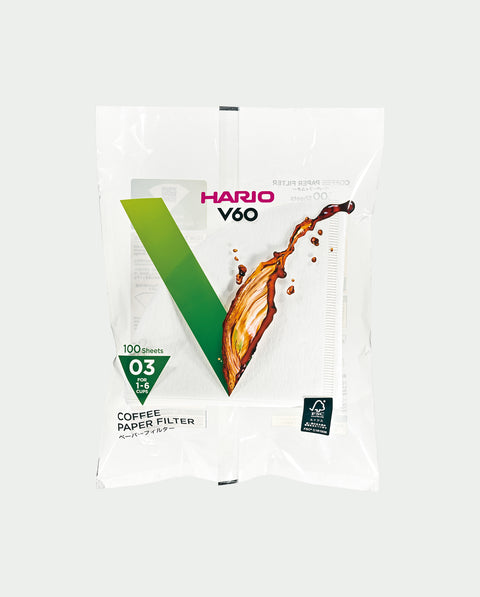The price for your shipment is calculated and added to your total during checkout. The cost of shipping depends on weight, volume and destination. We currently use
Posten/Bring/Proteria for packages delivered within Norway and sales outside Norway.
For orders within Norway, the shipping is free of charge on coffee subscriptions and all orders with a value over nok 1,500.
Unclaimed packages, for packages that are not picked up within the time limit, Supreme Roastworks reserves the right to debit a fee of NOK 150 for the costs incurred by the dispatch and return postage. Unclaimed packages are normally not covered by the right of withdrawal.
Orders from the webshop can be picked up free of charge at Supreme Roastworks in Thorvald Meyers gate 18, Oslo, after confirmation. Please bring the confirmation mail upon pick up.






